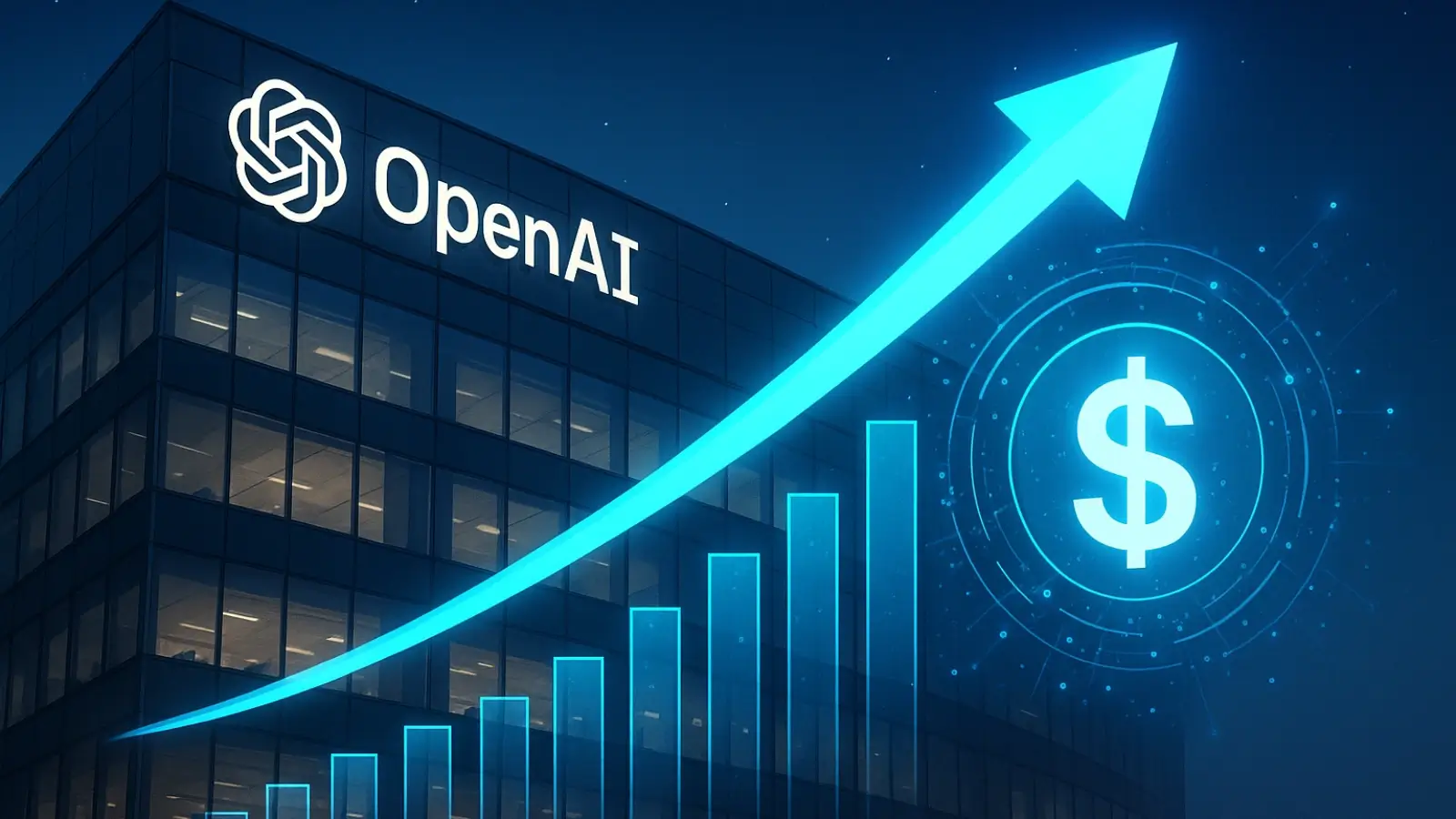


OpenAI, the company behind ChatGPT, has reached a valuation of US$500 billion after a large secondary share sale, according to sources familiar with the deal. This new valuation positions OpenAI ahead of major firms like SpaceX and ByteDance in the race for dominance in technology.
In the recent transaction, current and former OpenAI employees sold roughly $6.6 billion worth of shares to a group of investors. This secondary sale allowed insiders to realize liquidity while reinforcing the company’s market value. Investors taking part include firms like Thrive Capital, SoftBank, Dragoneer, MGX, and T. Rowe Price. The sale also echoed OpenAI’s previous funding rounds, such as its $300 billion valuation earlier in 2025.
Reaching a $500 billion valuation is not just a milestone—it’s a statement. On paper, it places OpenAI above:
SpaceX, which was estimated around $400 billion in value earlier.
ByteDance, also a tech heavyweight, which previously held valuation comparability in global private markets.
This leap signals deep investor confidence in OpenAI’s role as a leader in AI infrastructure, products, and future expansion.
OpenAI’s explosive valuation growth is tied to several trends:
Rapid revenue growth: In the first half of 2025, OpenAI’s revenue surged. Reports suggest it earned about $4.3 billion, roughly 16% more than its total 2024 revenue.
High investor demand: The company authorized over $10 billion in potential stock sales on the secondary market—though not all were executed.
Strategic partnerships: Its relationships with SoftBank and other backers built on prior funding rounds, and helped fuel deeper infrastructure investments.
Scale ambitions: The AI arms race is intensifying. Companies that can command compute power, talent, and scalable systems stand to dominate.
A $500 billion valuation carries expectations—and scrutiny. Some key challenges OpenAI must navigate:
Profitability vs Burn: As AI models grow, so do costs. Ensuring that expansion is sustainable will be critical.
Regulatory pressure: AI governance, data privacy, and competitive practices are under increasing oversight worldwide.
Market expectations: With higher valuation comes pressure to deliver. Any misstep or slowed growth will be amplified.
Technology competition: Giants like Google, Microsoft, and emerging AI firms are aggressively investing in competing models and infrastructure.